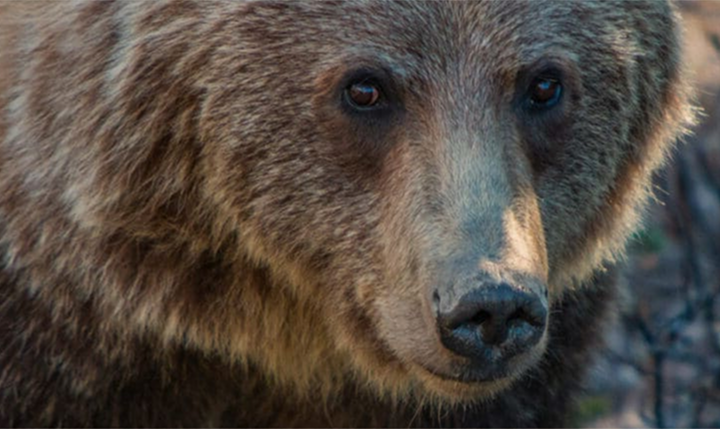We appreciate you taking a moment to recognize and remember two pillars of conservation who passed away in late 2021.
Not only were Dr. E.O. Wilson and Dr. Thomas Lovejoy incredible voices for conservation, they helped form the foundational science that guides Y2Y’s work.

Dr. Edward Osborne Wilson, 1929-2021
Often hailed as “the father of biodiversity”, Dr. Wilson made several contributions to science throughout his life. However, perhaps the most significant was his exploration and development of the theory of island biogeography in the 1960s.
This concept is the core of what Y2Y does: the idea that isolated “islands” of habitat are not enough to maintain biodiversity. This later lead to wildlife corridors becoming a key conservation tool to increase connectivity between habitat islands.
Wilson died at the age of 92 in Burlington, Massachusetts.

Dr. Thomas Lovejoy, 1941-2021
An innovative conservation biologist, it was Dr. Lovejoy who coined the term “biological diversity” in 1980. While much of his work took place in the Amazon, his research there had a global impact.
He played a key role in establishing the field of conservation biology itself. This set the stage for strengthening the scientific case for understanding the impacts of fragmentation and corridors and why landscape scale conservation is needed.
He died at the age of 80 in McLean, Virginia.
Y2Y’s president and chief scientist Dr. Jodi Hilty says, “In some ways it is daunting to have such visionaries pass on. Their work impacted not only me, but so many others who will carry on the torch to ensure that this beautiful planet conserves life in all its forms into the future.”
Findings and research by Drs. Wilson and Lovejoy formed a movement and informed action. Both scientists were incredible advocates for nature. Their legacy, influence and gifts live on through our work and we are thankful for their curiosity and contributions to the world.
Watch a short film from 2019 about island biogeography featuring Dr. Wilson and Dr. Hilty: From Ants to Grizzlies: A General Rule for Saving Biodiversity.

